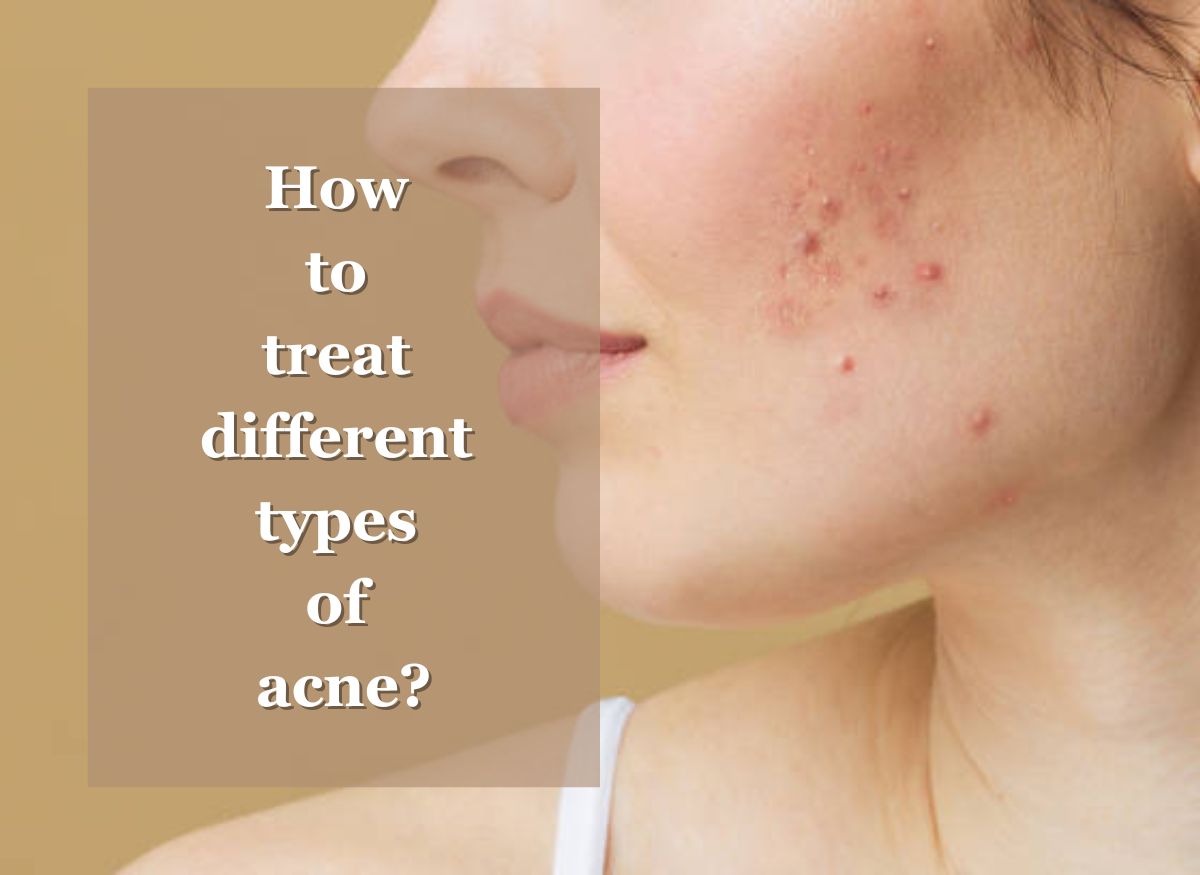
How to treat different types of acne?
Acne can be inflammatory or non-inflammatory. Treatment depends on the type you have. Most people are eagerly searching to know about How to treat different types of acne?
How to treat different types of acne?
Types of Acne
You may hear the word “pimples” used to describe any form of acne, but that’s not necessarily an accurate description. Not all types of acne spread to the skin.
Clogged pores can cause acne itself. These may be due to:
- Excessive sebum production
- Bacteria
- Hormones
- Dead skin cells
- Ingrown hairs
Acne is usually associated with hormonal fluctuations during puberty, but adults can also develop acne.
Identifying the type of acne you suffer from is key to successful treatment. Acne can be inflammatory or non-inflammatory.
- Blackheads
- Whiteheads
- Papules
- Pustules
- Nodules
- Cysts
Multiple types of acne can occur at the same time, and in some cases, they can be severe enough to require a visit to a dermatologist.
- Noninflammatory Acne
Noninflammatory acne includes blackheads and whiteheads. They don’t usually cause swelling, and they respond relatively well to over-the-counter treatments.
Salicylic acid is commonly sold over the counter for acne, but it usually works best for noninflammatory acne. Naturally exfoliates skin and removes dead skin cells that cause blackheads and acne.
- Blackheads
Blackheads occur when a pore becomes clogged with a combination of sebum and dead skin cells. This results in a characteristic black color on the surface.
- Whiteheads
Whiteheads also occur when pores become clogged with sebum and dead skin cells. They look like little bumps protruding from the skin. Products containing salicylic acid may help. If that doesn’t work, stronger topical retinoids are available by prescription from a dermatologist.
How serious is each type of acne?
Blackheads and whiteheads are the mildest types of acne. These may be cleared up with over-the-counter topical medications, such as salicylic acid-based toners or spot treatments with benzoyl peroxide. If over-the-counter medications don’t work, comedones can be easily treated with topical retinoids. There is also a type of retinoid known as adapalene, which is now available over the counter. It is very effective in clearing blackheads and pimples.
These may go away with over-the-counter medications, but they don’t have to. For widespread moderate acne, oral or topical prescriptions from a dermatologist may be required.
To treat severe acne, you should see a dermatologist. Cutting or puncturing nodules or cysts can leave scars. What you can do now It is important to be patient with your acne treatment.
You should also be careful about using too many acne products at the same time. This can cause dry skin. In response, your pores may produce even more sebum, which can lead to further acne problems. There are several skin diseases that cause symptoms similar to acne, but they are quite different. This includes:
- Folliculitis
- Keratosis pilaris
- Milia
- Rosacea-like dermatitis
- Sebaceous fibers
- Sebaceous gland hyperplasia
Only by visiting a dermatologist can you get a complete and accurate diagnosis. In some cases, professional treatment may be the only way to completely cure and control acne.




